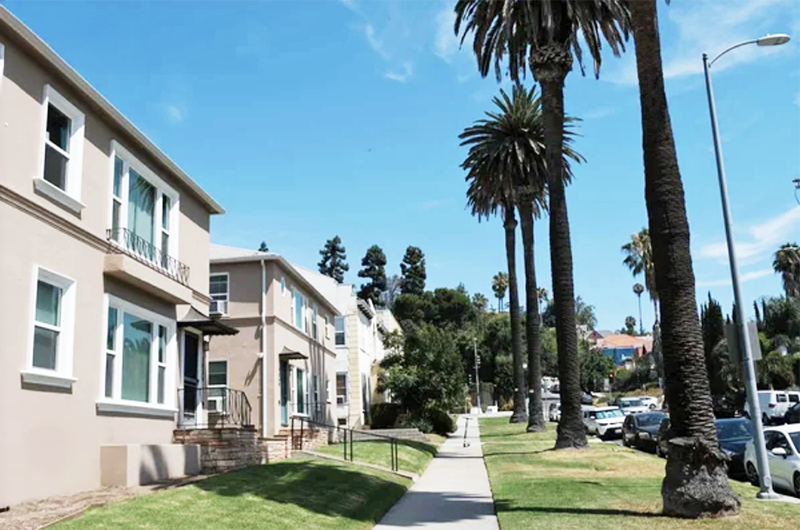A Beginner’s Guide to Property Management: Tips and Tricks
Navigating the bustling real estate landscape of Los Angeles as a beginner in property management can be both exhilarating and daunting. The City of Angels, known for its diverse neighborhoods and dynamic property market, offers unique challenges and opportunities for property managers. This guide aims to illuminate the various facets of home management in Los Angeles, providing beginners with the knowledge they need to succeed in this vibrant city.
Understanding Property Management
Property management in its essence involves overseeing and handling the day-to-day operations of real estate properties. It’s not just about finding tenants and collecting rent; it’s an intricate process that requires a deep understanding of the real estate market, tenant protection laws, maintenance needs, and financial management.
Different Types of Property Management
In Los Angeles, property management spans a range of property types, each with its own set of requirements. Residential management primarily focuses on managing houses, apartments, and condos. Commercial management, on the other hand, deals with business properties, including office spaces, retail units, and warehouses. Lastly, industrial management involves larger properties used for manufacturing or distribution.
Licensing Requirements
To legally operate as a property manager in Los Angeles, one must adhere to specific licensing requirements. In California, a real estate broker’s license is typically required to manage property for others, especially if the role involves leasing activities or handling rents. This necessitates passing a state licensing exam and meeting other criteria set by the California Department of Real Estate.
The Role of Security Deposits
Security deposits are a critical aspect of property management. They serve as a financial cushion to cover any damage a tenant might cause to the property. In Los Angeles, the amount and handling of these deposits are regulated by law, and property managers must ensure compliance with these regulations, including the timely return of deposits post-tenancy.
Duties and Responsibilities
The duties of a property manager in Los Angeles are multifaceted. These responsibilities include leasing, which involves marketing the property, screening tenants, and executing lease agreements. Rent collection is another key responsibility, requiring a balance between firmness and understanding, especially in a city as diverse as Los Angeles.
Property inspections are critical for maintaining the value and safety of the property. Regular inspections help in identifying and addressing maintenance issues early on. This leads to another crucial responsibility: overseeing repair and maintenance services. Ensuring that the property is well-maintained not only keeps tenants happy but also preserves the property’s value.
Photography and Marketing
In today’s digital age, photography plays a pivotal role in property management. High-quality photographs are essential for effectively marketing properties. They create the first impression for potential tenants and can significantly impact the leasing process.
Accounting Services
Finally, property management involves meticulous financial management. This includes managing the property’s budget, maintaining accurate records of all financial transactions, and ensuring compliance with relevant tax laws. Accounting services are integral to the successful management of any property, ensuring financial health and transparency.
Property Management
Embarking on a property management journey in Los Angeles requires a comprehensive understanding of various aspects, from legal requirements to financial and operational management. For beginners, the key to success lies in gaining a deep understanding of these areas, staying abreast of local regulations, and cultivating strong relationships with tenants and service providers. With the right approach and dedication, property management in Los Angeles can be a rewarding and lucrative career.




